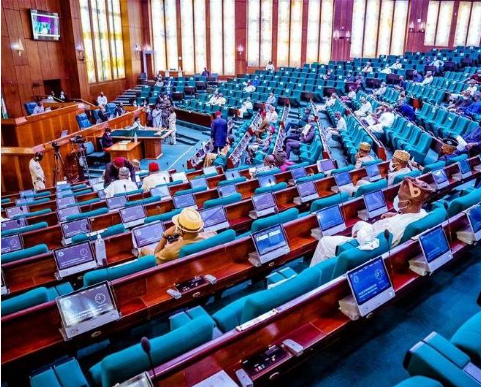
This is just as the House said the move will equip young Nigerians with the knowledge required to identify threats to their safety and environments early in life.
Leading the debate on the motion titled, ‘Need to incorporate security education as a core subject in Nigeria’s primary and secondary school curricula,’ Omirin Olusanyo (Atakunmosa East/Atakunmosa West/Ilesa West Federal Constituency, Osun State) argued, “Security education prepares students for contemporary challenges in security ranging from economic, political, social and environmental threats.”
The lawmaker noted that in 2018, the United Nations Children’s Fund reported over 30 schools were attacked, “resulting in at least 2,295 teacher deaths and over 1.000 child abductions.”
He continued, “The House is worried that the recurrent attacks and threats against Nigerian educational institutions, teachers, and pupils are causing a negative impact on educational quality, teacher turnover and perpetuating a culture of impunity.
“The House is aware that due to the escalating insecurity in the country, it has become imperative for children to learn defence mechanisms, master first aid principles, and emergency handling skills.”
He further noted that in an increasingly volatile society like Nigeria, “investing in security education is essential to safeguard students, knowledge, skills and awareness in security education empowers them to take preventive action.”
Following the adoption of the motion, the House urged the Federal Ministry of Education to ensure that security education is incorporated as a core subject in the primary and secondary school curricula.
It also mandated the Committee on Basic Education and Services to ensure its implementation.





